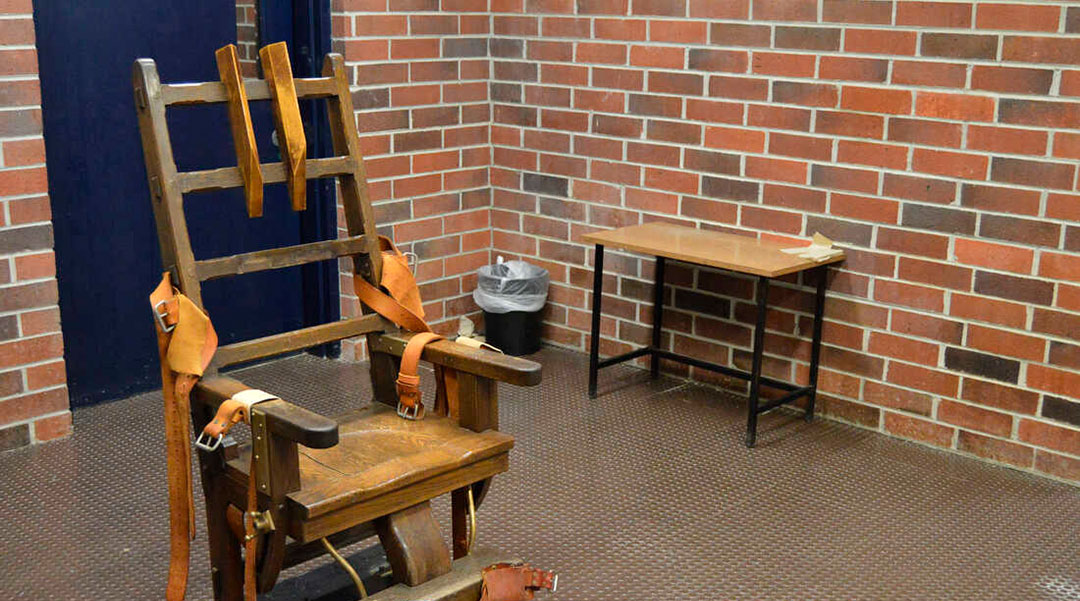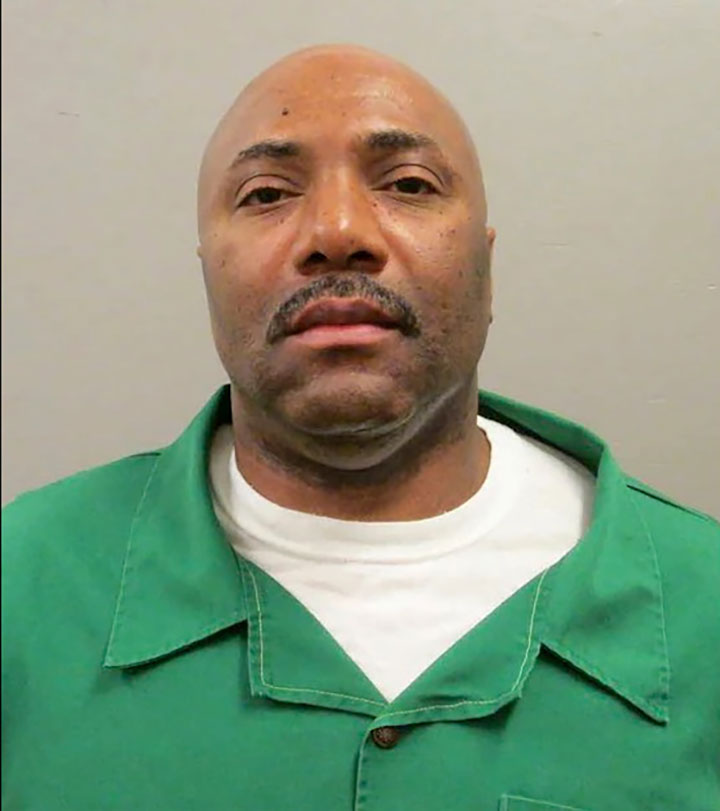South Carolina’s methods of execution are now the electric chair and newly instated firing squad. Photo courtesy of Kinard Lisbon/S.C. Dept. of Corrections.
As the state prepares for the firing squad execution of Richard Moore next week, the NAACP is protesting what it calls barbaric and archaic methods of execution being used in South Carolina.
Only two methods of execution are used in the state, with the 110-year-old electric chair as the default, and a newly introduced three-man firing squad as the other option. The last execution in 2011 was by lethal injection, but since then South Carolina prison officials have been unable to purchase the three-drug mixture needed for lethal injection. Drug companies are refusing to sell the drugs required for lethal injections to the state because South Carolina has refused to shield the identity of the companies that provide the injection drugs, causing the access struggle.
Lawyers for Moore and three other death row inmates have brought a lawsuit over this issue, saying the two options for execution are cruel and unusual punishment. The suit also says the prison officials haven’t shown enough proof that they can’t access the drugs needed for lethal injection.
“We think it’s a barbaric act, totally inappropriate,” said Brenda Murphy, President of the NAACP South Carolina state conference of branches.
In 2001, Georgia ruled the electric chair as inhumane, a decision that was followed by Nebraska in 2008. According to the Death Penalty Information Center, eight states are using electrocution for execution. Just four use a firing squad.
“We want to know, just as others have expressed: why?” said Murphy regarding the lack of lethal injection as an option for death row inmates. “Why is it so difficult to obtain, especially if someone is destined to die, why can’t it be done in a humane way? What is the state, or the prison system, actually doing to secure the drug? I haven’t heard the rationale yet.”
Moore, who was convicted of the 1999 killing of a Spartanburg convenience store clerk, James Mahoney, had eight days from the scheduling of his execution to decide how he wanted to die on April 29. His choice came barely over a week after the announcement of his execution date, when he had only two options: electrocution or hooded death by a firing squad.
“I believe this election is forcing me to choose between two unconstitutional methods of execution, and I do not intend to waive any challenges to electrocution or firing squad by making an election,” Moore said in a written statement announcing his choice of firing squad for his upcoming execution.
“We know that some other states are able to get the drug [for lethal injection], which is much more humane, so we don’t quite understand why the state of South Carolina is having such a difficult time obtaining it,” said Murphy.
On April 14, Circuit Judge Jocelyn Newman ruled this lawsuit can move forward.
According to Moore’s team, only three executions by firing squad have occurred in the U.S. since 1973, while only 2% of all U.S. executions have used the electric chair since 2010. His attorney’s have taken the case to the Supreme Court for a stay, awaiting a request for the U.S. Supreme Court to weigh in on whether his sentencing disproportionate to comparable crimes. A lower court is looking at the constitutionality of the two options he had, as cruel and unusual.



